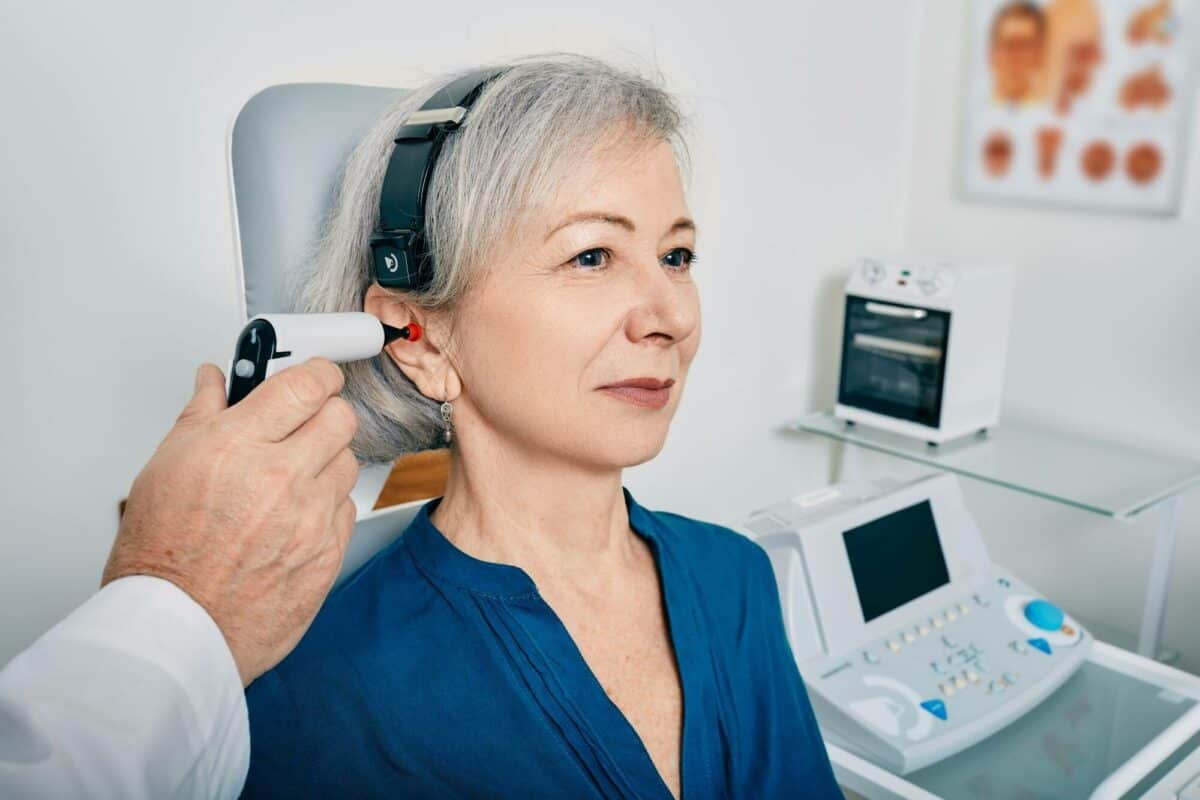- How to Know When It’s Time to Replace Your Hearing Aids - July 8, 2024
- Hearing Aid Repair and Cleaning Best Practices - June 24, 2024
- The Lifelong Benefits of Early Detection and Addressing Your Hearing Loss - June 10, 2024
Each November, we set aside the month to celebrate American Diabetes Month. This annual occasion serves many purposes. In the first place, we can give our attention and care to those people in our lives who have diabetes or pre-diabetes conditions, letting them know that we are there for support and care. We can encourage them to keep up with their diabetes management plan and to pursue healthy lifestyle changes, as well. Another activity this month is to show gratitude and support for those who are diabetes caregivers. Whether a professional diabetes healthcare worker or someone who cares for a diabetes patient in their family or community, these tireless workers deserve our attention and care. Beyond those who give direct care, the community of diabetes researchers and experts need our support, both through raising awareness about the facts of diabetes and garnering resources for future research. Each of these activities is a great way to honor American Diabetes Month, but did you know there is another activity you can do that might come as a surprise? Getting a hearing test is a way to reduce the number of people living with undiagnosed diabetes. An estimated 1 in 5 people with diabetes does not know that they have the condition, making them unable to get treatment and management strategies to care for the condition. How can it be that a hearing test will expose undiagnosed diabetes in your community? Let’s take a closer look at this connection and the way that a hearing test is part of your approach to a American Diabetes Month celebration.
Diabetes and Hearing Loss
Each function of the body is directly or indirectly connected to the others, and the interconnected web of bodily functioning is a complex process for researchers and medical experts to understand. When we look at the total population, we can see that those who have diabetes are twice as likely to have hearing loss as their counterparts who do not have diabetes. Why is this rate so much higher? Similarly, those who have pre-diabetes are 30 percent more likely to have hearing loss, showing us that something powerful is happening in the body to connect the two conditions. Although we know that the conditions are related, these statistics do not explain what is happening within the body to connect the two conditions. When we experts explore the connection, they have found a few possibilities. First, the elevated levels of blood glucose can lead to a short supply of oxygen for the ears. Specifically, the tiny hairlike organelles of the inner ear, called stereocilia, are sensitive to changes in the oxygen level of the bloodstream. Elevated blood glucose can be enough to cause hearing loss by limiting the ability of the stereocilia to function as they need to. In addition, diabetes can cause a higher likelihood of broken blood vessels. If the tiny blood vessels near the ear are broken or damaged, they can lead to a short supply of oxygen for the stereocilia, as well. Finally, those with diabetes have higher rates of nerve damage throughout the body. It is possible that the auditory nervous system is directly affected by diabetes, bypassing the effect on the stereocilia and leading to an inability to perceive sound in the brain. These relationships might exist in isolation of one another or in concert, making it important for diabetes researchers to learn more about the connection as soon as possible.
If you want to honor American Diabetes Month, why not take the opportunity to schedule a hearing test? This exam is quick, easy, and totally painless, and if you find out that you have hearing loss, you can embark on a path toward treatment. In addition, you can pass along that information to your primary care physician to see if you can benefit from testing for diabetes. Although not all people with hearing loss have diabetes or pre-diabetes, the higher rates we see in the population make hearing loss an important warning sign of the potential for elevated blood glucose. This November, you can do your part to celebrate American Diabetes Month with a hearing test.

